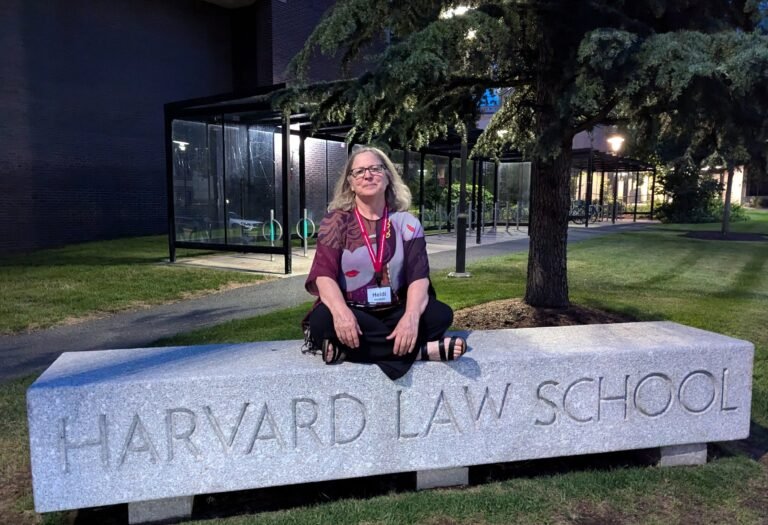 If you’ve had a psychedelic experience that left you shaken, confused, or even traumatized, you’re not alone—and there’s new research that may help you understand what happened. An August 2025 mixed-methods study titled The Experience of Recalled Trauma During Psychedelic Experiences and Perceived Links to Subsequent Extended Difficulties explored what happens when past trauma surfaces during a psychedelic journey—and why, for some people, that can lead to long-term distress while others eventually find deep healing.
If you’ve had a psychedelic experience that left you shaken, confused, or even traumatized, you’re not alone—and there’s new research that may help you understand what happened. An August 2025 mixed-methods study titled The Experience of Recalled Trauma During Psychedelic Experiences and Perceived Links to Subsequent Extended Difficulties explored what happens when past trauma surfaces during a psychedelic journey—and why, for some people, that can lead to long-term distress while others eventually find deep healing.
Why the Study Matters
While many people describe their psychedelic experiences as profoundly healing, a smaller number experience the opposite: overwhelming memories, emotions, or sensations that don’t fade after the journey ends. This study—one of the first to systematically examine those experiences—looked at what distinguishes people who eventually integrate and grow from those who struggle or feel re-traumatized.
The researchers wanted to know:
-
How do people experience and understand childhood trauma that emerges during psychedelic sessions?
-
What factors shape whether the experience leads to healing or to extended difficulty?
How the Study Worked
The research was led by an international team from Bar-Ilan University, the University of Greenwich, and the Challenging Psychedelic Experiences Project. It included:
-
608 survey participants who reported difficulties lasting beyond their psychedelic experience, and
-
18 in-depth interviews with people who said that childhood trauma resurfaced during their session and contributed to lasting challenges.
Participants described experiences with ayahuasca, psilocybin, or LSD, in both guided and self-guided settings.
What They Found
About 42% of participants said their post-psychedelic difficulties were linked to trauma from earlier in life. Those participants were more likely to be female, to have a prior mental health diagnosis, and to have taken psychedelics in guided settings. They also reported stronger emotional challenges afterward but fewer sensory or perceptual disturbances.
In the interviews, participants described four main patterns:
-
Direct trauma re-experiencing (39%) – Vividly reliving or remembering past abuse or neglect, sometimes events they hadn’t consciously recalled before.
-
Symbolic or somatic re-embodiment (22%) – Feeling trauma emerge as intense body sensations or symbolic imagery rather than specific memories.
-
Fragmentation and confusion (50%) – Disjointed or unclear experiences that left people unsure what was “real” or what the memories meant.
-
Divergent outcomes – About half eventually integrated the experience positively; a quarter had mixed results; and about one in five were re-traumatized.
The Hope Within the Findings
Even among those who suffered, half of the participants ultimately found the experience transformative. Many described feeling stronger, more self-aware, and more capable of processing old wounds—especially when they had support afterward.
Those who healed most successfully shared key factors in common:
-
They sought integration support—from therapists, facilitators, or peers.
-
They made time for meaning-making through journaling, meditation, or connection with others.
-
They learned to see their experience not as a failure but as part of their healing process.
The researchers concluded that trauma-informed preparation, safe settings, and strong integration support can transform even the most difficult psychedelic experiences into opportunities for growth. Without that support, however, the same experiences can feel destabilizing or even re-traumatizing.
Why This Matters at Vital Reset
At Vital Reset, we’ve seen this truth play out in real life: when people are supported with care, safety, and expertise, even painful journeys can lead to deep healing. Psychedelics often open the door to memories or emotions that the body has held for years. That can be frightening—but it can also be the beginning of profound release.
If you’ve had a challenging or traumatic psychedelic experience, please know that it doesn’t have to stay that way. Integration—whether through talking, movement, creative expression, or quiet reflection—can help you make sense of what happened and move toward wholeness. Healing can unfold over months or even years, and that’s okay.
You don’t have to go through it alone.
If you’re struggling after a psychedelic experience, reach out.
We offer trauma-informed integration sessions—online or in person in Hood River—to help you find safety, clarity, and meaning in what happened.
Call 541-645-4485 or visit vitalreset.com to connect.


